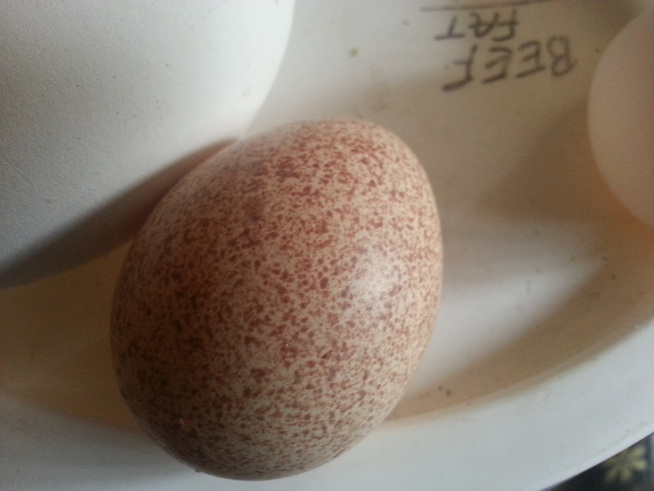 The first turkey egg. Unfortunately, it was frozen.I am hoping that the turkey hen will raise a dozen or so little ones for the freezer.
The first turkey egg. Unfortunately, it was frozen.I am hoping that the turkey hen will raise a dozen or so little ones for the freezer. But, perhaps, I got to thinking that I had painted all turkeys with the same brush and it just wasn't fair. Maybe they were not all crazy like those Beltsville Small Whites that were here before. So, I found a tom and two hens, adults fully grown, who are fairly quiet and unobtrusive and they can fly, but are said to stay away from the house. Let's hope this is the case and they can raise their own broods and supply turkey for the farm. The less I have to intervene the better it will be. Welcome turkeys! May you live long and prosper.

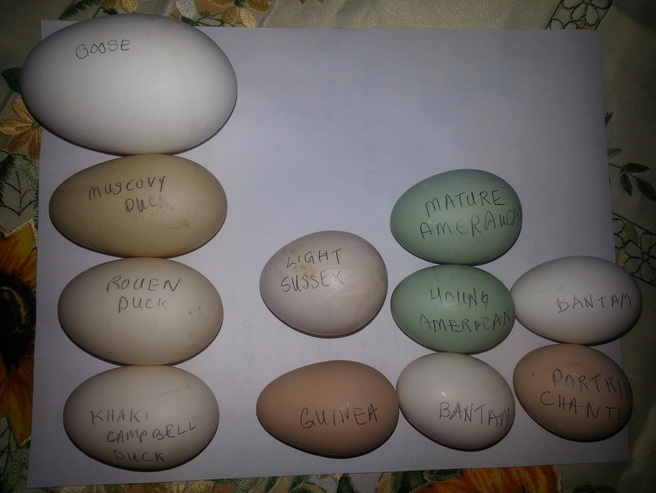
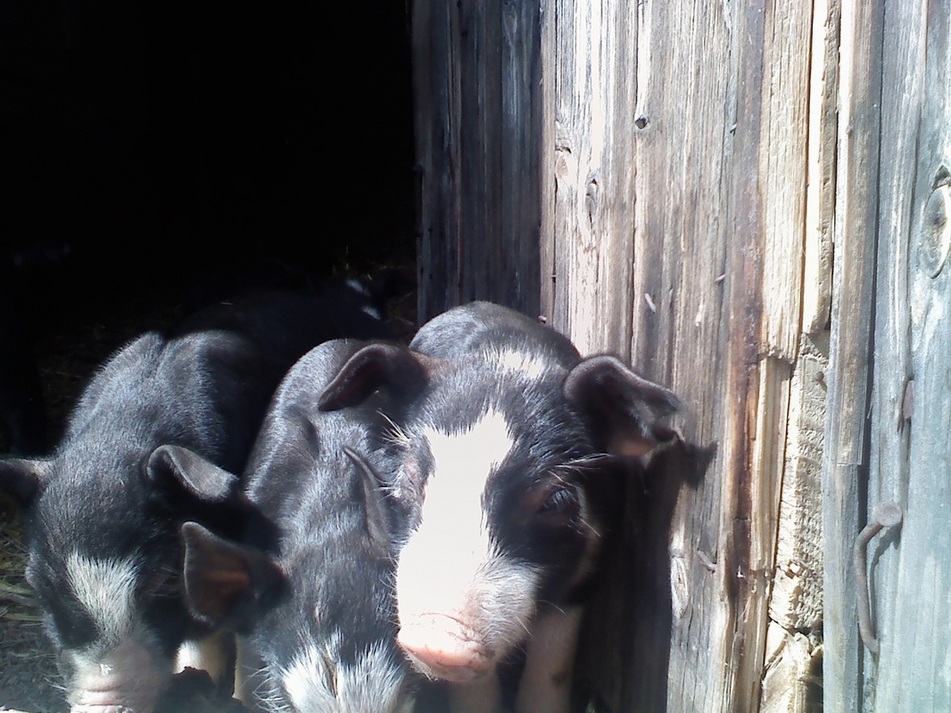
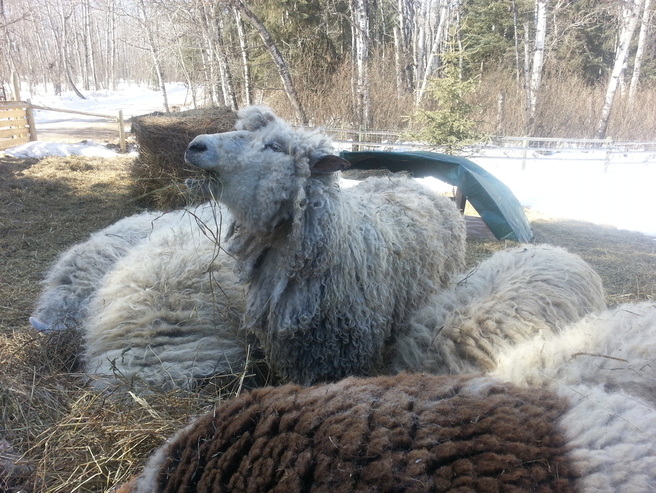
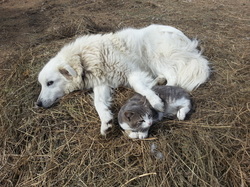
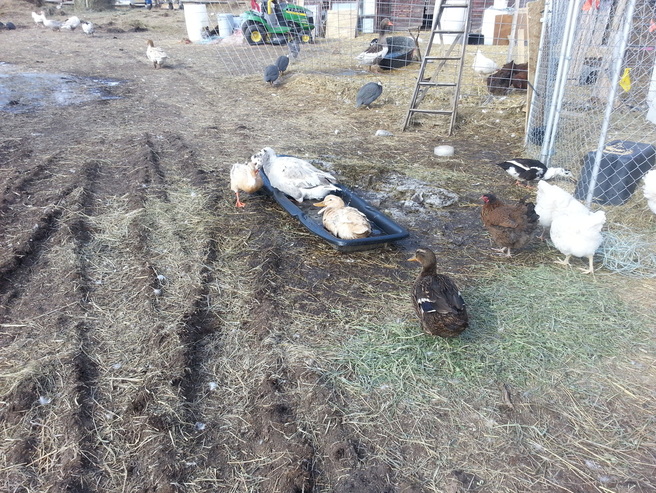
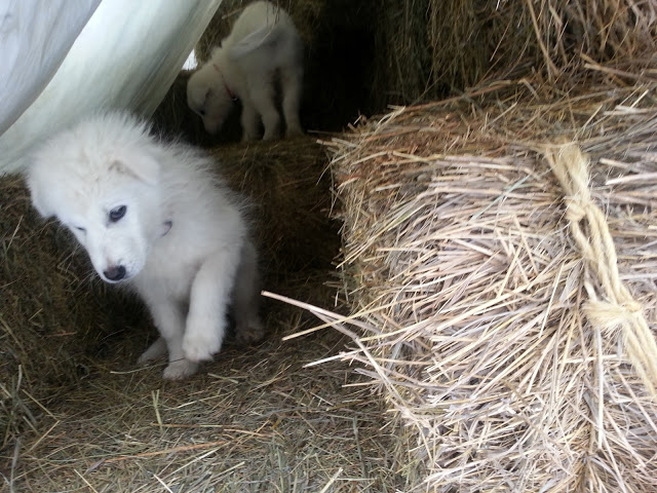
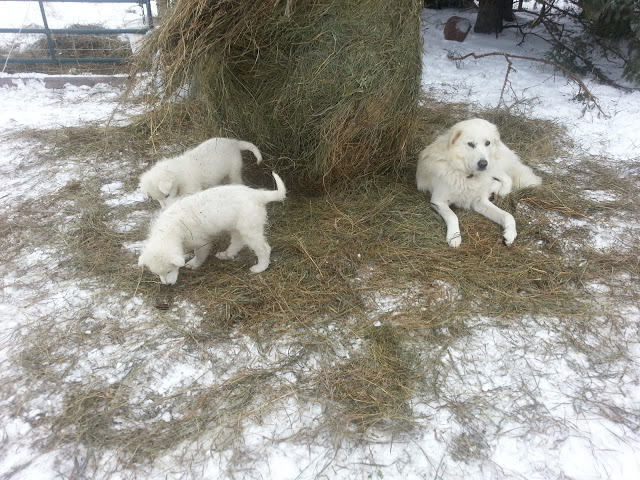
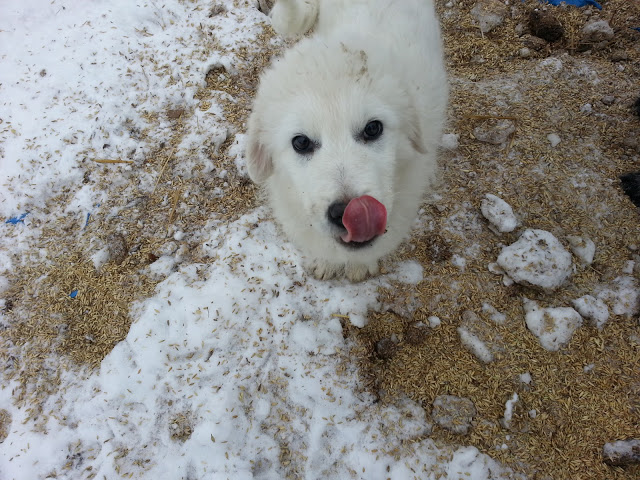
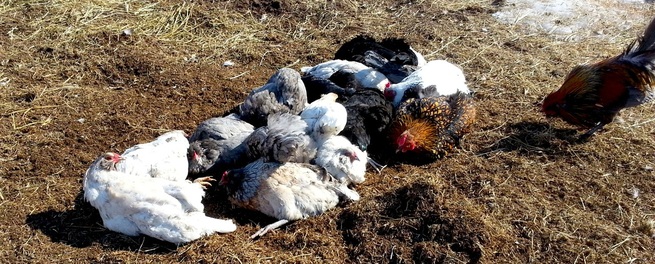
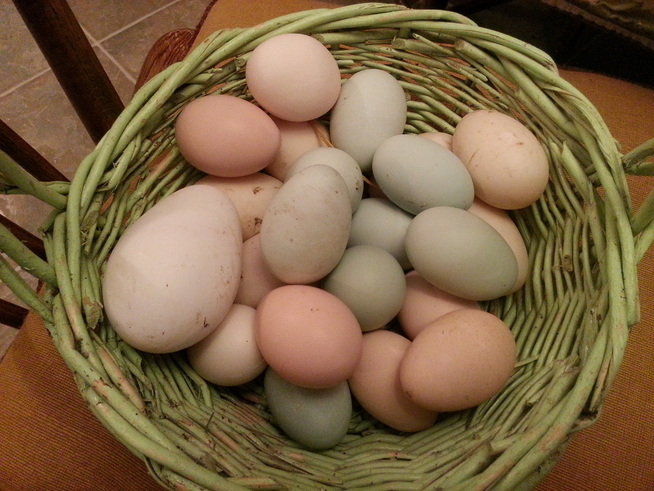
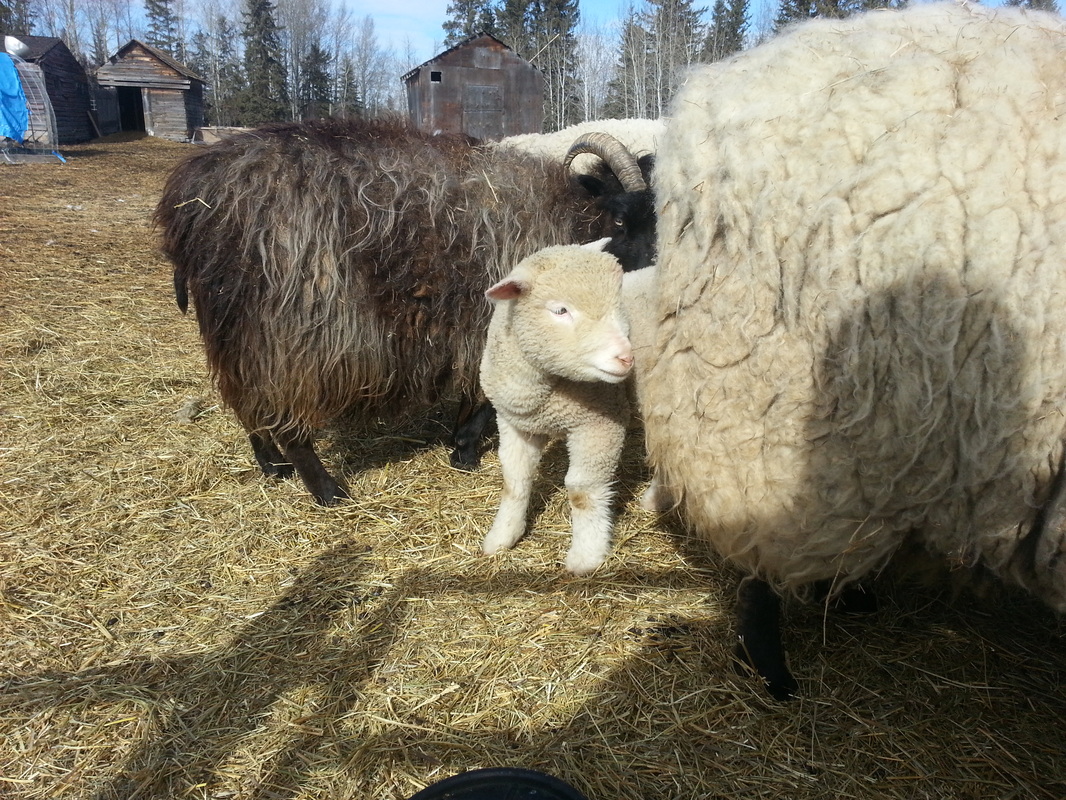
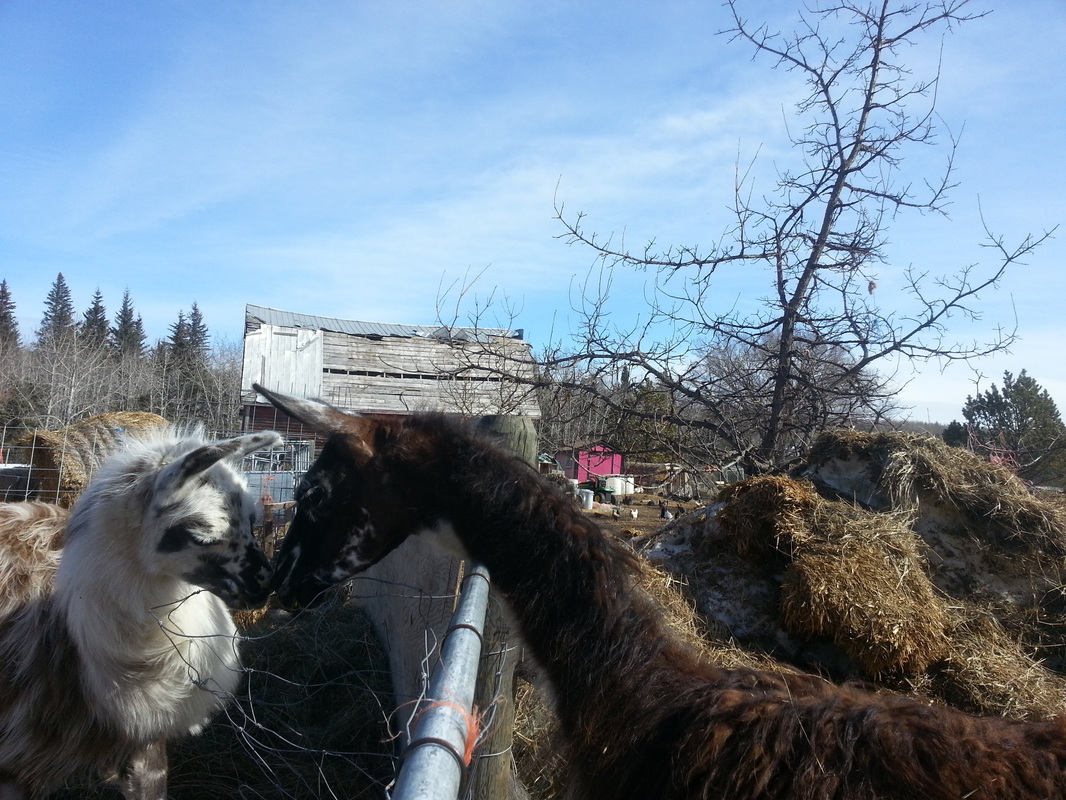
 RSS Feed
RSS Feed